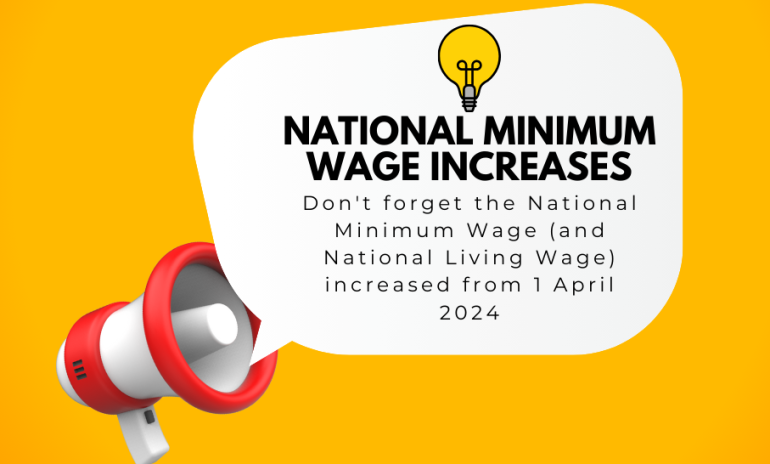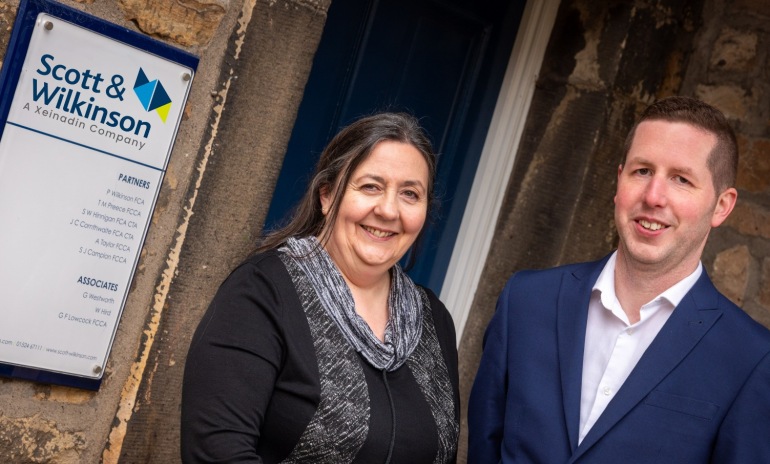Tax benefits of investing in agricultural land
Date: 06/05/13

Investors can protect their wealth from Inheritance Tax, which is chargeable at up to 40%, by investing in agricultural land. Typically where an investor purchases agricultural land at least seven years prior to death and in this time it has always been occupied by a tenant for agricultural purposes then up to 100% of the (agricultural) value of the land can be excluded from the deceased’s estate.
After relief from Inheritance Tax the net cost of the land could be as low as 60%. If the investor is willing to carry out the farming themself then relief from Inheritance Tax is available when the land has been owned for just two years prior to death. Furthermore, any development value could also be sheltered from Inheritance Tax.
Investors may also consider investing in agricultural land through the use of their Self Invested Personal Pension (SIPP). In practice the investor makes cash contributions to their SIPP and the SIPP purchases the land. The SIPP then charges a market value rent to the investor or a third party tenant for the use of the land. This is tax efficient because the investor normally receives relief from income tax on all contributions to the SIPP (which it may use to purchase the land) and on any rents paid. Furthermore, the SIPP does not pay tax on its profits and any increase in value of the land whilst in the SIPP is free from Capital Gains Tax.
For investors that wish to farm the land themselves as opposed to letting it to a tenant there can be further tax advantages. For example, the investor may be able to benefit from relief from income tax on expenses such as running a farmhouse. Where an investor makes a loss from their farming activity they may, subject to new limits being introduced from this year, be able to offset this loss against their other taxable income thereby reducing their total income tax liability.
Active investors who make a capital gain on one business asset can, subject to a number of conditions, defer any Capital Gains Tax due by investing the proceeds of sale into further qualifying business assets such as agricultural land which they will farm.
Should you require any additional information please contact James Cornthwaite at the office.

Author: James Cornthwaite FCA CTA
A former pupil at St Aidan’s C of E High School, James attended Blackpool Sixth Form College and Lancaster University, graduating in 2004, gaining BSc. first class honours. He joined Moore and Smalley, Preston in 2005 and qualified as a...
0 Comment
Add your Comment
We have the ability to edit and/or delete posts and comments. Links should be relevant to the topics. Please note all comments are subject to review before inclusion.














Nobody has commented yet. Why not add one?